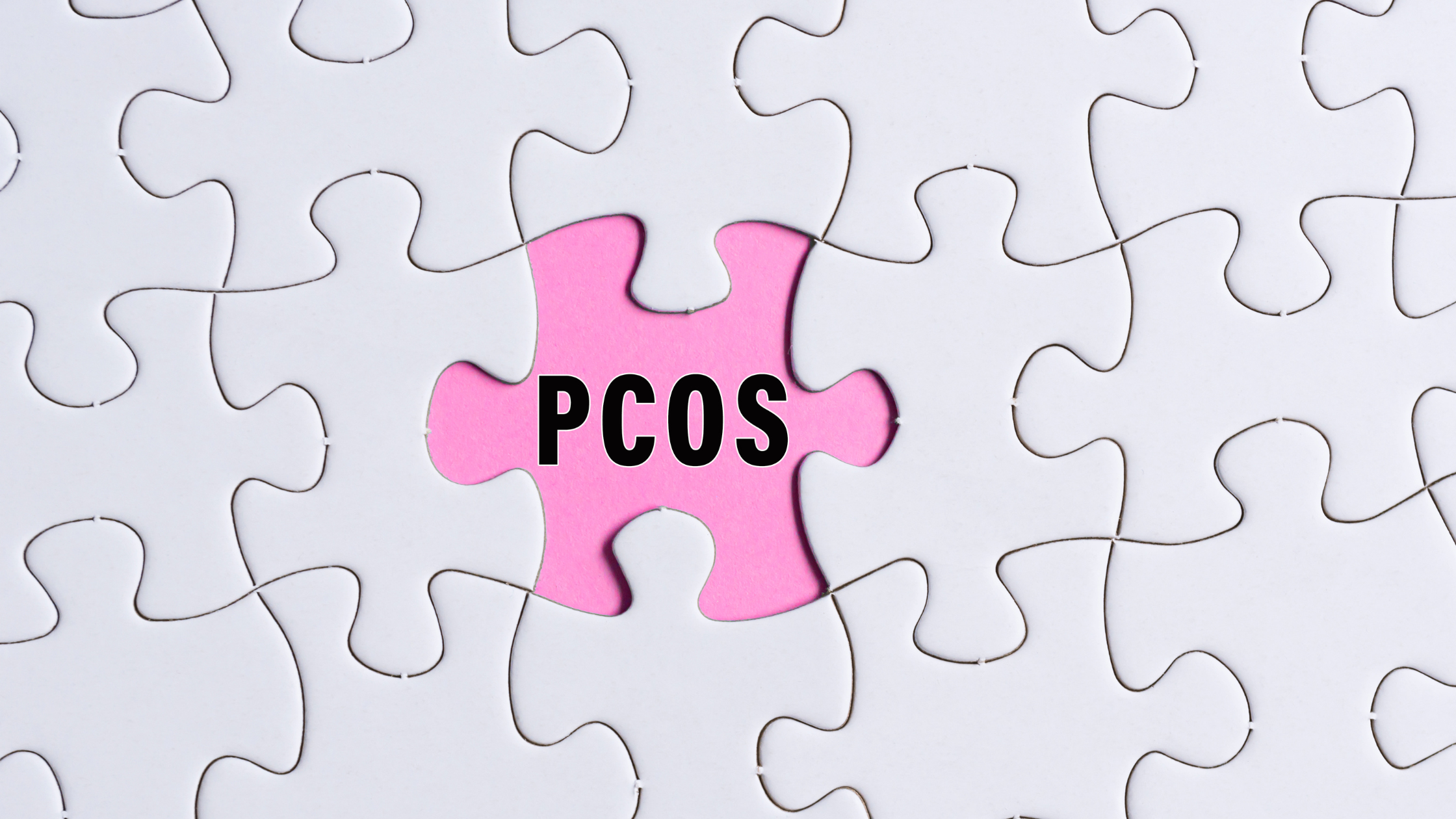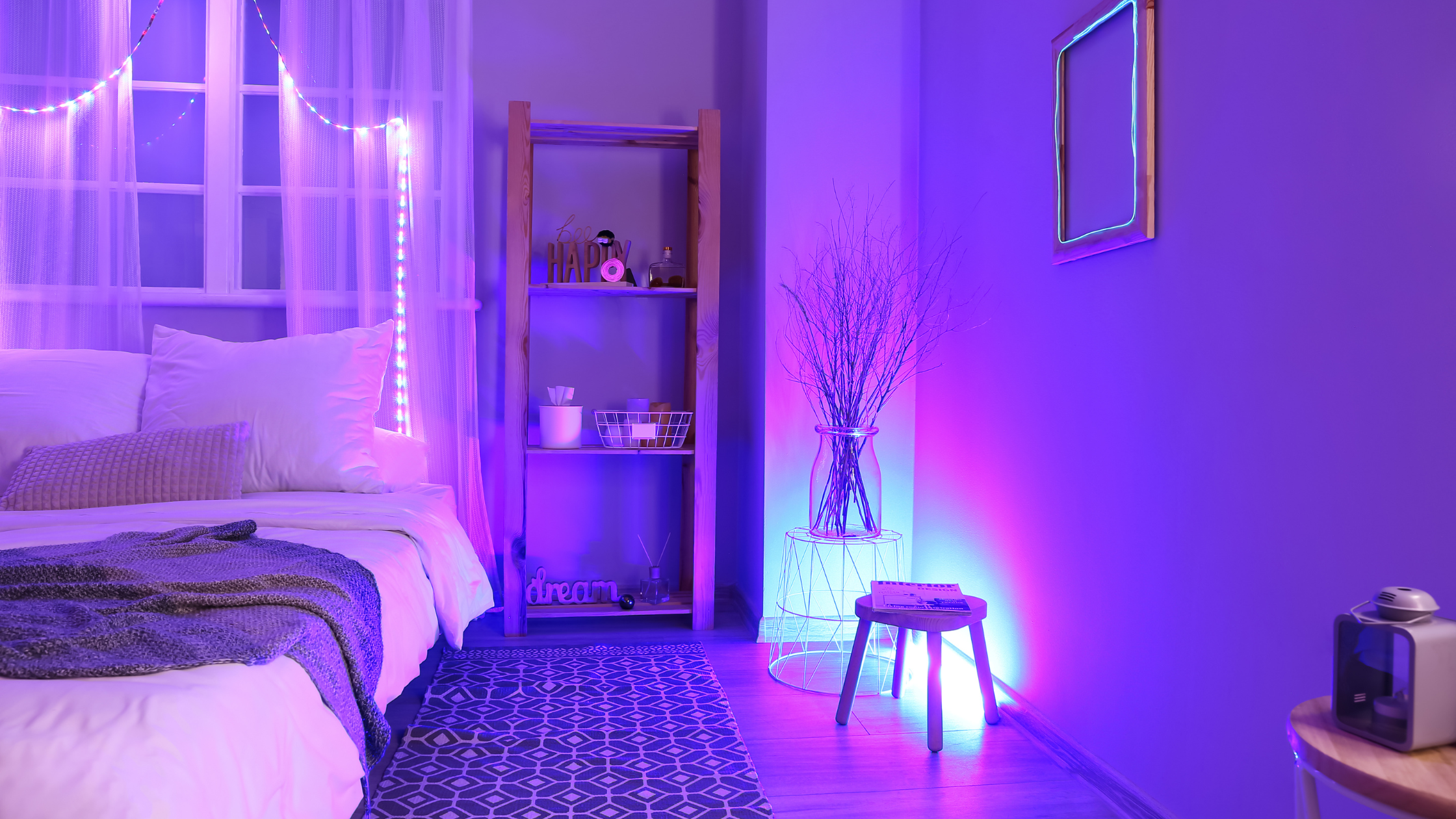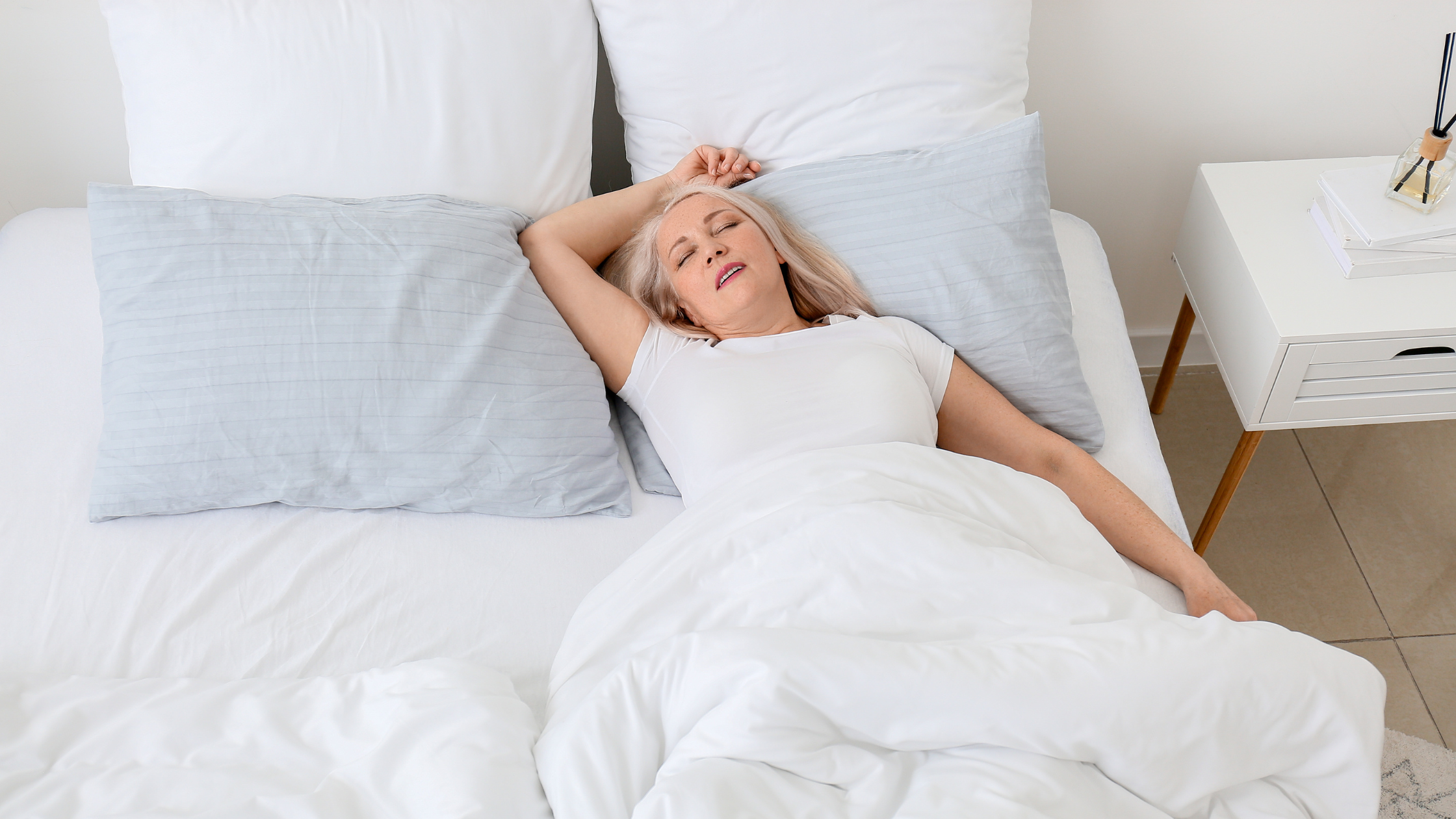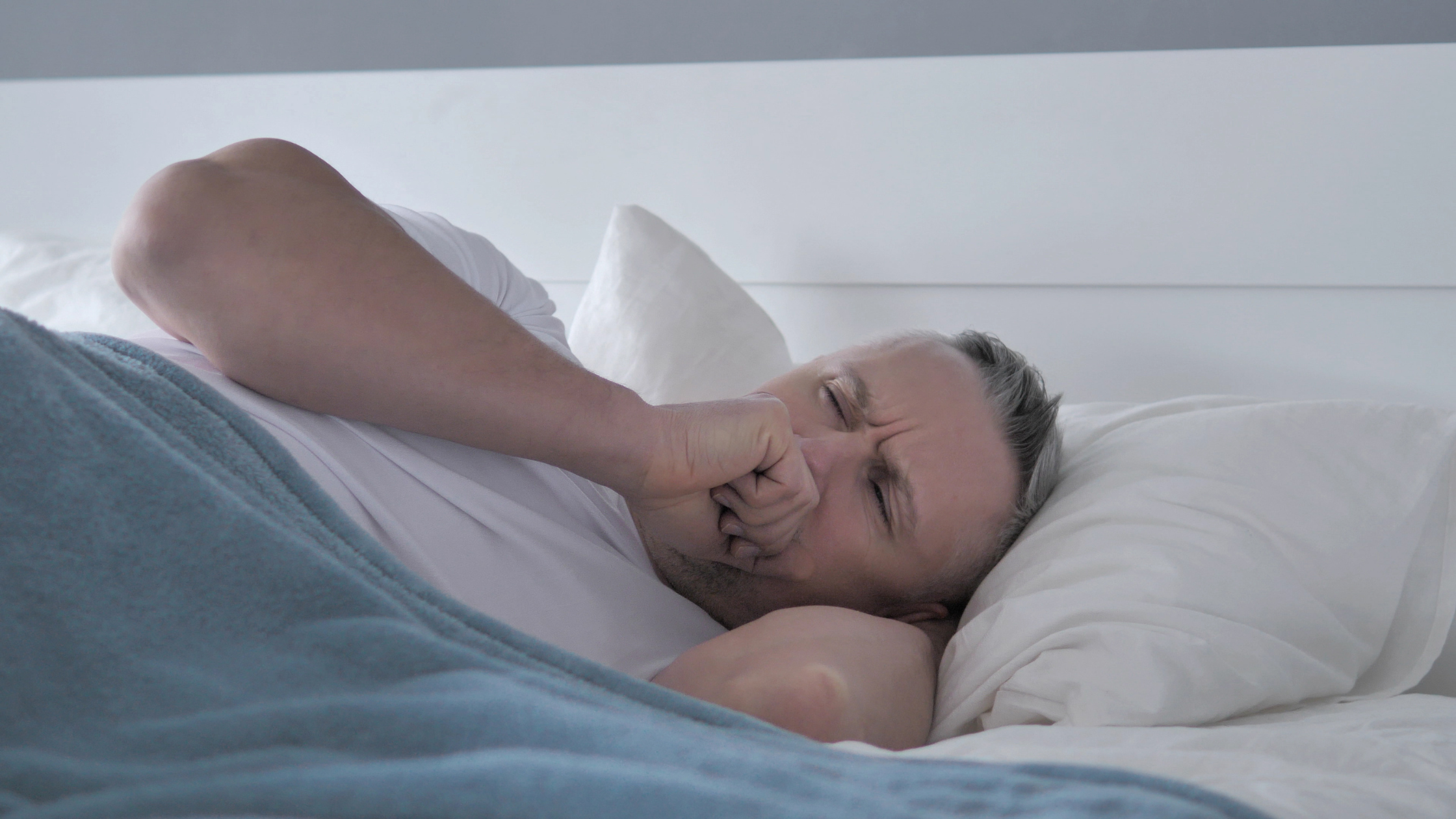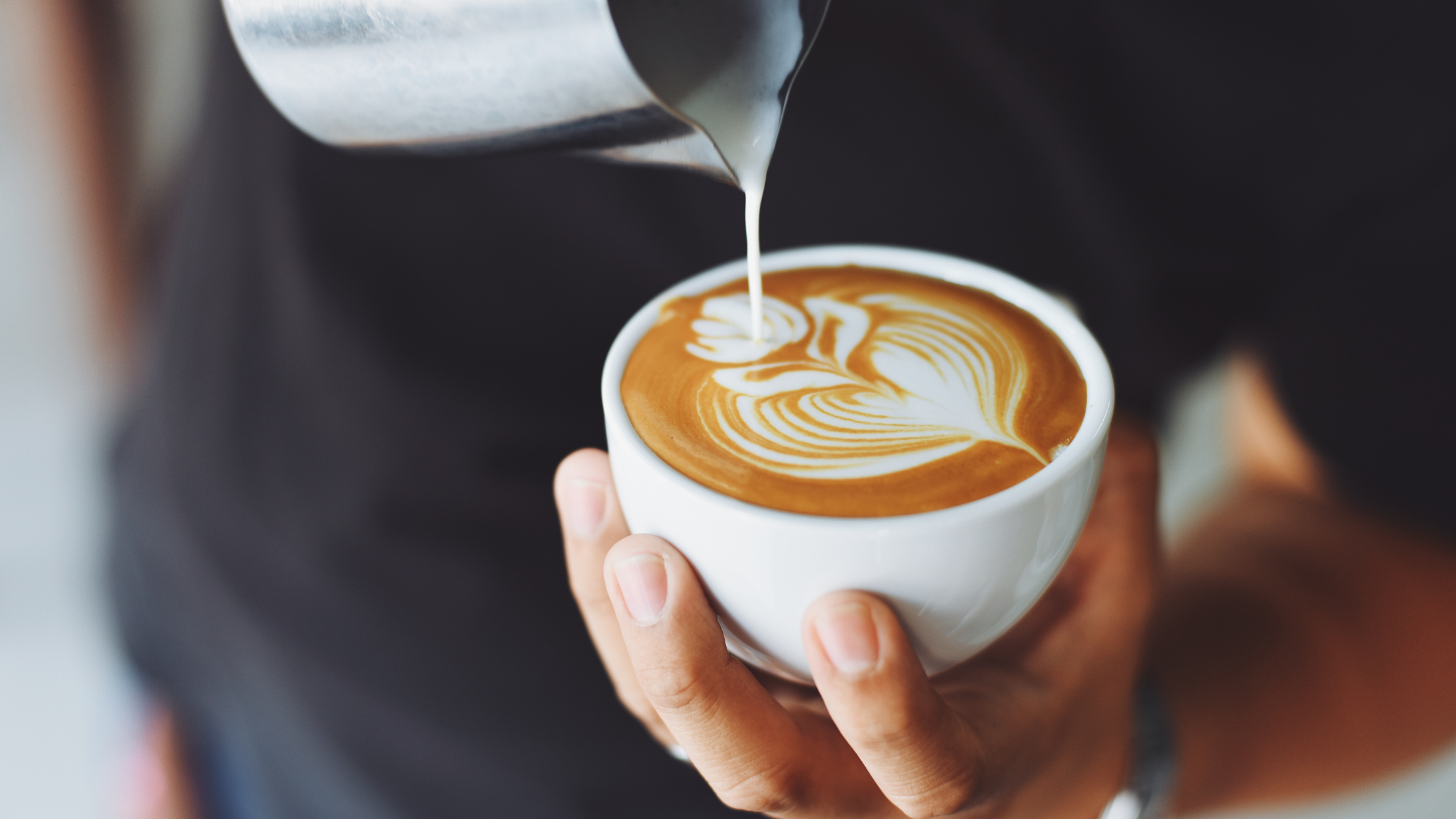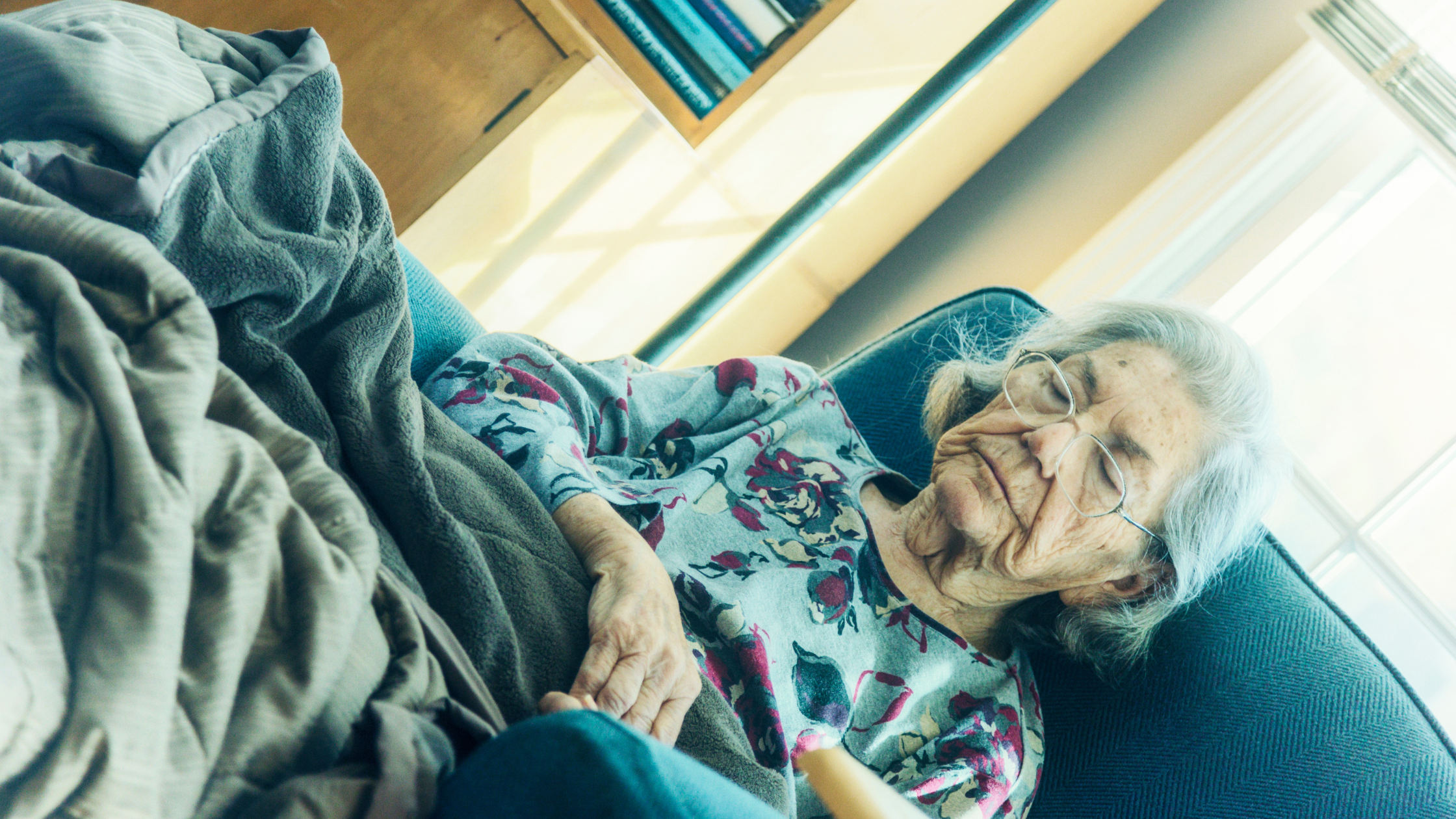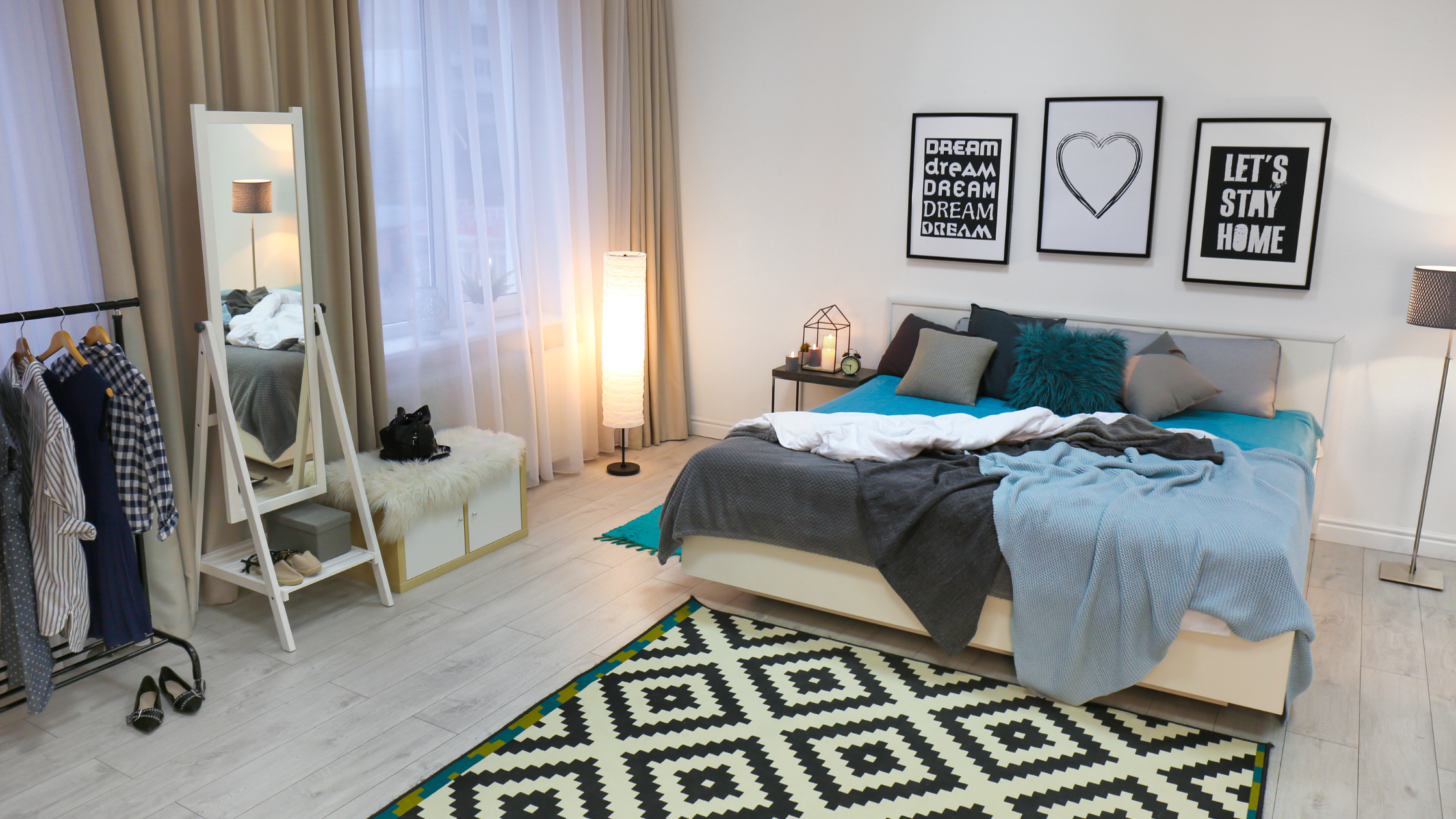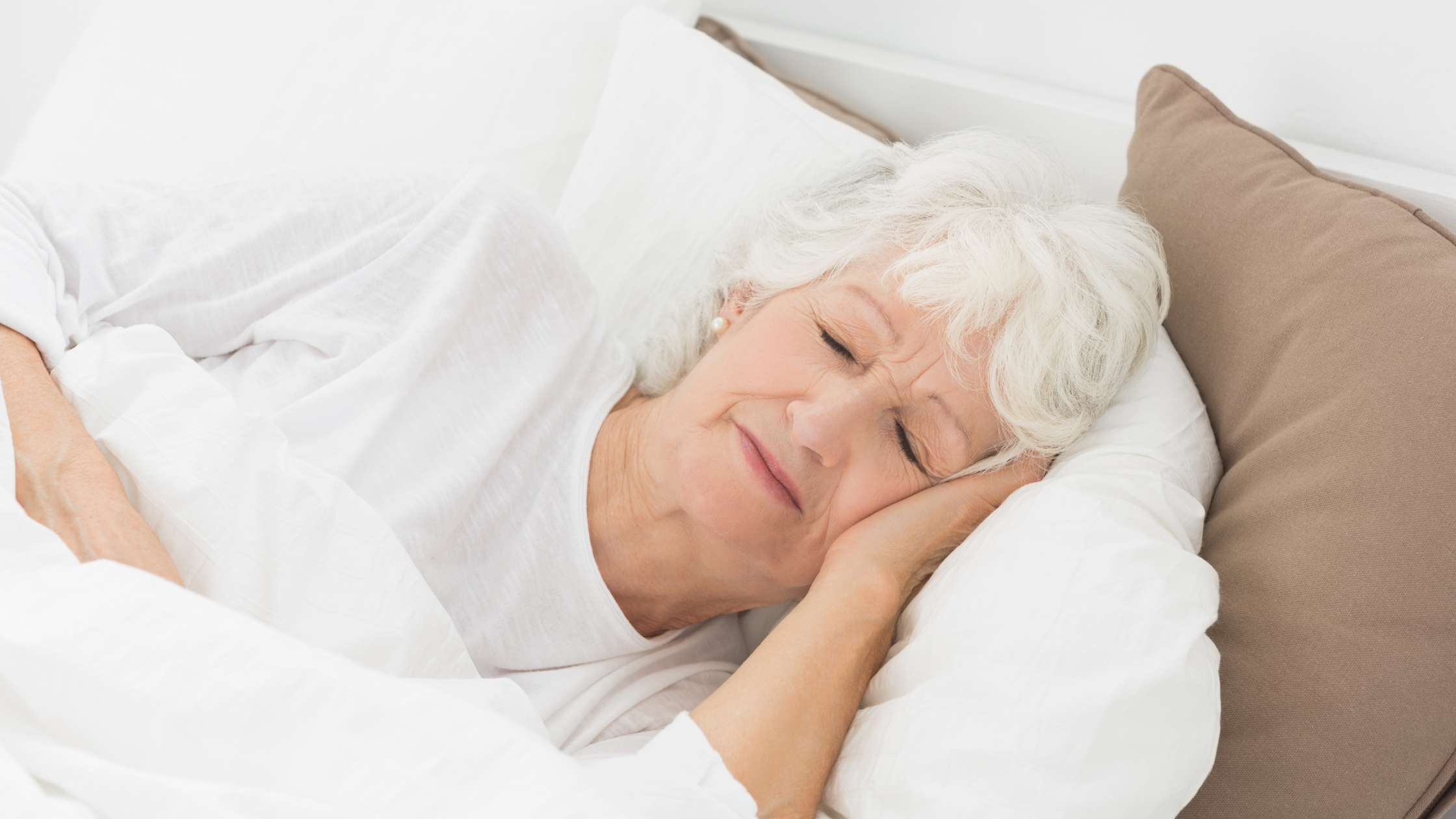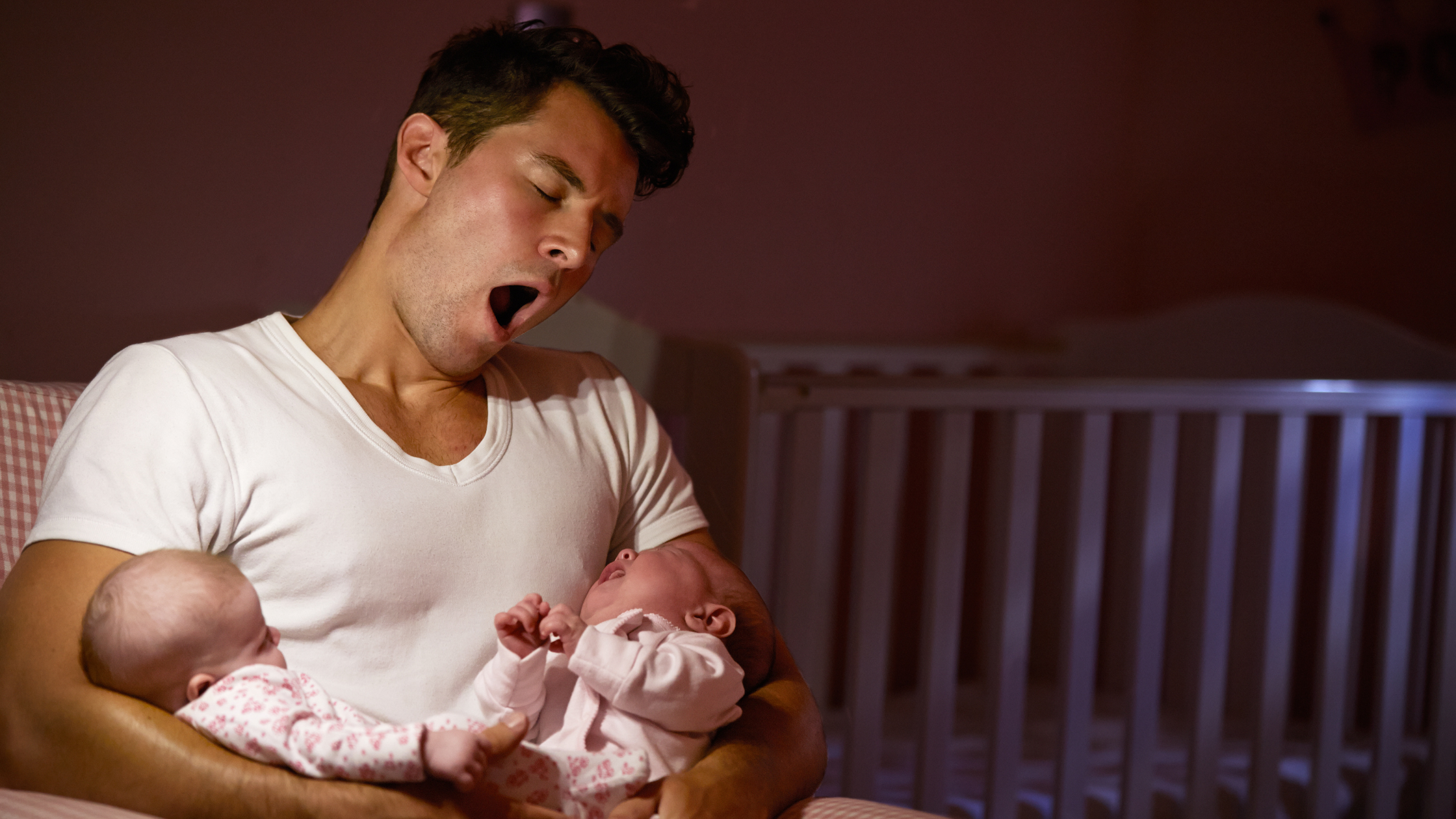Polycystic ovary syndrome (PCOS) affects millions of women worldwide and is characterized by hormonal imbalances, irregular menstrual cycles, and the presence of cysts on the ovaries. While the exact causes of PCOS are still not fully understood, emerging research suggests that sleep plays a crucial role in the development and management of this condition. In this blog post, we will explore the intricate relationship between sleep and PCOS, shedding light on how improving sleep quality and prioritizing healthy sleep habits can help alleviate symptoms and improve overall well-being.
Darian Dozier
Recent Posts
The Impact of Sleep on PCOS: Unlocking the Key to Managing Symptoms
We all know that a good night's sleep is essential for our overall well-being and productivity. However, in today's modern world filled with screens and artificial lighting, achieving quality sleep can sometimes be a challenge. Recent research suggests that the color of light we expose ourselves to before bed can have a significant impact on our sleep quality. In this blog post, we'll delve into the science behind light and sleep and explore which color light might be the most beneficial for a restful night's sleep.
Sleep apnea is a common yet often undiagnosed sleep disorder that affects people of all genders and ages. While it is widely known that sleep apnea predominantly affects men, women are not immune to this condition. In fact, sleep apnea in women is more prevalent than commonly believed. This blog post aims to shed light on the unique challenges women face when dealing with sleep apnea, exploring its causes, symptoms, and the importance of timely diagnosis and treatment.
Stimulants to Avoid Before Bed: A Guide to Restful Sleep
In today's fast-paced world, many of us turn to stimulants to keep up with demanding schedules, deadlines, or even to combat feelings of fatigue. While they can offer a temporary energy boost, consuming stimulants too close to bedtime can wreak havoc on our sleep quality and patterns. Let's delve into some common stimulants to steer clear of before bedtime to ensure a restful night's sleep.
Fighting off a cough or cold can be challenging, especially when it comes to getting a good night's sleep. The discomfort, congestion, and incessant coughing can make it difficult to relax and drift into a peaceful slumber. In this blog post, we'll explore practical tips and strategies to help you sleep better despite a cough or cold. By implementing these suggestions, you can increase your chances of a restful night's sleep, allowing your body the time it needs to heal.
Coffee is undoubtedly one of the most popular beverages around the world. Known for its ability to boost alertness and energy levels, it has become a morning ritual for many. However, there's an intriguing paradox associated with coffee—despite its reputation as a stimulant, it can sometimes leave us feeling tired and sluggish. In this blog post, we'll explore the factors that contribute to this phenomenon and shed light on why coffee can occasionally have a paradoxical effect of making you tired.
If you know someone with dementia, you may notice that they tend to sleep a lot. People with dementia, especially those who are in their later stages of dementia spend a lot of time sleeping. Sometimes this can be a point of concern for caregivers and family members. Continue reading to learn more about why your family member might be sleeping so much.
Sleep is a vital component of our overall health, especially for teenagers who are undergoing rapid physical, mental, and emotional changes. Yet, many teens grapple with sleep issues due to various factors, one of which is the sleep environment. Creating a conducive sleep environment can significantly enhance the quality of sleep. Here's a deep dive into the basics every teenager should know.
Reasons Why Your Elderly Family Members Sleep So Much
Do you ever visit your elderly grandparents, aunt or uncle, or even parent, and wonder why they're sleeping so much? If you work around older individuals in any capacity, you may realize that sleeping a lot is more common than not. As individuals get older, they are more likely to spend more of their days sleeping. The aging process can be pretty brutal on the body and can easily fatigue one out. Also, elderly individuals experience a decline in their quality of night time sleep. This increases their amount of excessive daytime sleepiness, encouraging them to take more naps during the day to make up that sleep that they're losing. Sometimes they can't really get comfortable because of their aches and pains that they experience. They may have to get up and go to the restroom multiple times because that is also just another part of aging. There are just some of the reasons that elderly individuals struggle to get sleep, therefore they make up what they're missing during the day. This means that they are taking multiple naps, doze off as soon as they sit down, or going to bed really early.
As an onlooker you may be worried if this is too much sleeping. However, if you're elderly loved one seems to be sleeping more during the day, it may or may not be cause for concern. A visit to the doctor may help you uncover some sort of underlying health problem that makes them extra tired. Continue reading learning some common issues that seniors may face that causes them to sleep all day.
Reverse Cycling - Why Your Baby is Feeding All Night, and What to Do
Trying to get your baby to sleep at night can be a challenge without factoring feedings into the mix. However, when your baby's feeding schedule is the main problem of constant nighttime awakenings, what do you do about it? Whenever your baby feeds constantly at night, but not that much during the day, what are you supposed to do about that? Continue reading to find some suggestions that may help answer these questions.

